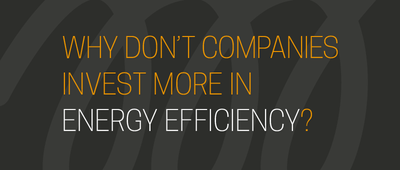Expert: ‘Lack of trust’ hampers energy efficiency services industry
(EurActiv, 16 Jun 2020) Lack of trust and information about energy performance contracts are the most frequently cited reasons why some municipalities have become sceptical about energy service companies (ESCOs). In the future, greater standardisation should help overcome issues, says Nick Keegan.
Nick Keegan is the director at EEVS Insight, a leading UK provider of independent performance assurance services for energy projects, services and investments. The company is the UK partner for the EU-funded QualitEE project, which aims to drive investment in energy efficiency services through quality assurance schemes.
///
What are energy performance contracts? How long have they been around?
An energy performance contract commits a service provider to the achievement of energy savings at the premises of their client – often public buildings like hospitals, municipal offices, schools or swimming pools.
That often takes the form of a guarantee, where a certain level of energy savings must be achieved over a given period of time. If that’s not met, then the service provider must reimburse the difference to the client.
Performance contracts may also take the form of a shared savings agreement where the cost savings are shared between the two parties at an agreed percentage.
Forms of these contracts have been around in the UK since the 1960s, where outsourced providers took over the operation of boiler houses for hospitals and industrial facilities.
External link
![]() EurActiv, 16 Jun 2020: Expert: ‘Lack of trust’ hampers energy efficiency services industry
EurActiv, 16 Jun 2020: Expert: ‘Lack of trust’ hampers energy efficiency services industry







